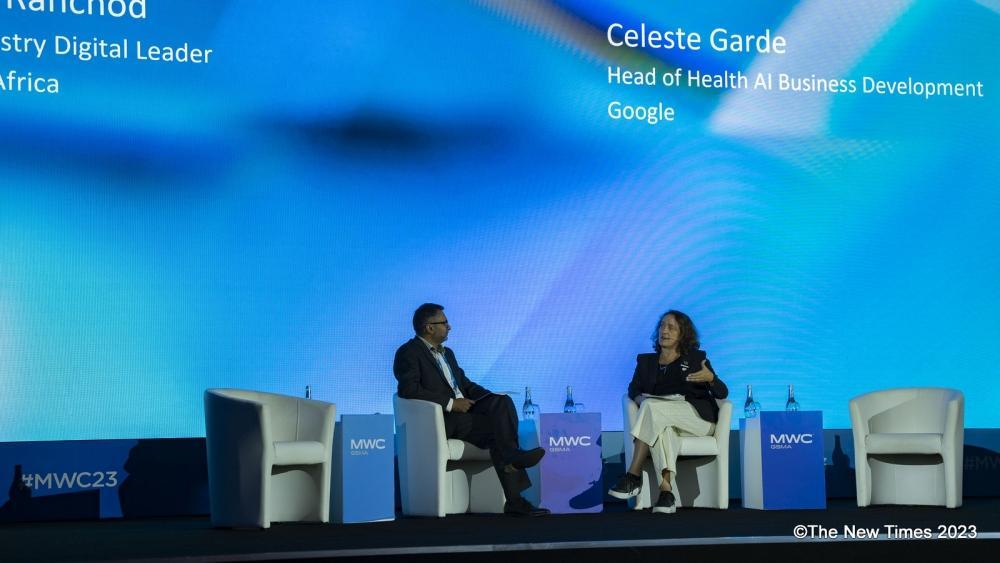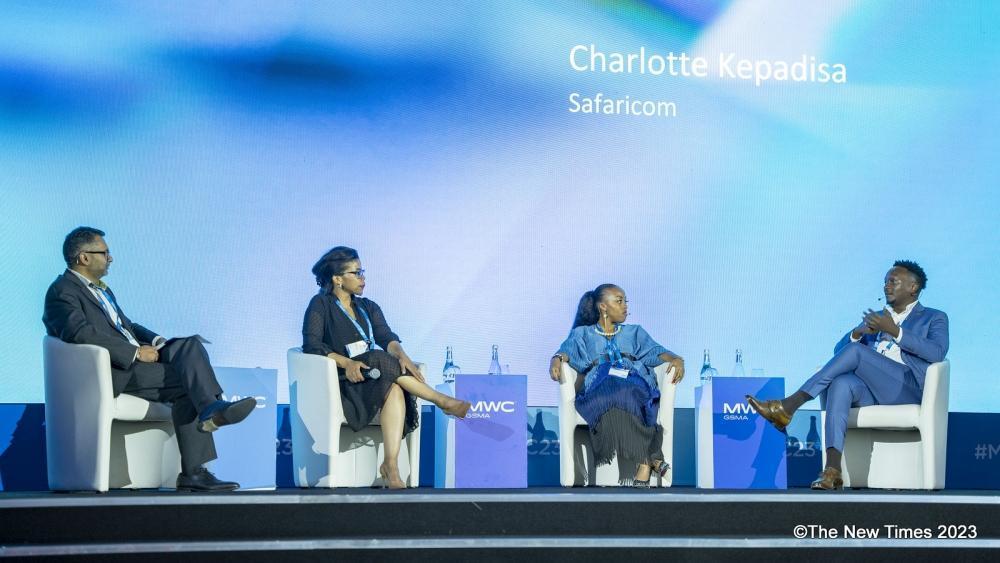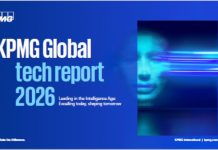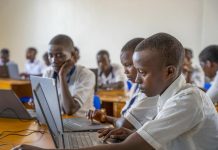Heritier Bahizi
Africa-Press – South-Sudan. The rise of Artificial Intelligence (AI) and frontier technologies has presented Africa with an unprecedented opportunity to leapfrog traditional development models and initiate transformative changes across a multitude of sectors.
According to experts these innovative technologies, including AI, machine learning, cloud computing, Internet of things (IoT), blockchain, the metaverse, among others hold the potential to catapult the continent towards exponential digital and socioeconomic growth.
From addressing climate change to revolutionizing healthcare and education, Africa is gradually embracing these technological advancements.
Mobile Network Operators (MNOs) are already harnessing the power of AI to enhance customer experiences, automate processes, and optimize network infrastructures. These efforts are transforming the landscape of digital development in the continent.
Discussion on how the rise of Artificial Intelligence (AI) and frontier technologies has presented Africa with an unprecedented opportunity to leapfrog traditional development models.
At the Mobile World Congress (MWC) in Kigali, held on Tuesday, October 17, prominent experts gathered to delve into Africa’s adoption of AI and frontier technologies, exploring how the continent can unlock their limitless potential for the next phase of digital transformation.
Equitable and ethical AI in healthcare
Celeste Garde, Head of Health AI Business Development at Google, emphasized the tech giant’s unwavering commitment to equitable and ethical AI deployment in the healthcare sector. She stressed the need for careful consideration to ensure that AI in healthcare is not only equitable but also safe and accurate. Speed is not the priority; the focus is on responsible AI.
According to experts these innovative technologies, including AI, machine learning, cloud computing, Internet of things (IoT), blockchain, the metaverse
Garde also highlighted the essential role of community health workers as the primary point of care and emphasized the importance of providing them with the right tools and technology. Google’s Open Health Stack is dedicated to enabling these workers and fostering local partnerships to ensure healthcare technology becomes a self-sustaining ecosystem.
“Google prioritizes equitable, safe, and accurate AI in healthcare, with a strong focus on community health workers and building a collaborative ecosystem to improve overall healthcare delivery,” she affirmed.
The fourth industrial revolution in Africa
Joris Cyizere, Strategy Lead at the Rwanda Centre for the Fourth Industrial Revolution, provided insights into key trends of the Fourth Industrial Revolution (4IR) with a specific focus on Africa.
He outlined the transformative impact of drone technology on healthcare and agriculture, advanced AI applications such as machine vision for radiology, and satellite-based environmental monitoring. Cyizere also stressed the potential of large language models to bridge information gaps for farmers and empower community health workers.
“It is important to adapt these technologies to the African context. Focusing on addressing low-resource languages and ensuring accessibility to diverse local needs is paramount,” he said.
Metaverse: Transforming education, tourism
Lynn Gitau, Founder of Metaversations, highlighted the intriguing applications of metaverse technology in Africa. She explored its role in hosting events and business meetings, underscoring its potential to revolutionize education across the continent.
Gitau emphasized the urgent need for a model that enables quality education without physical infrastructure barriers, especially given that over 200 million students under 20 in Africa are currently out of school.
Furthermore, Gitau delved into the potential of metaverse in the tourism sector. “By incorporating the metaverse, Africa can provide immersive experiences and access to individuals who couldn’t otherwise travel due to cost constraints,” Gitau stated.
Telecom’s perspective on AI adoption
Charlotte Kepadisa, Head of Big Data and AI at Safaricom, delved into the adoption and effectiveness of AI technologies from the telecom operator’s perspective. She highlighted that Safaricom’s mission is to use technology to transform lives, making every technological adoption a means to realize this mission.
Kepadisa shed light on two compelling use cases. First, internal productivity enhancements at Safaricom have led to a reduction in customer charges, particularly for connectivity and access to credit. This innovation, which incorporates diverse data sets beyond traditional norms, supports those in the informal sector, benefiting initiatives like the Hustler Fund and struggling farmers.
Second, Generative AI (GenAI) adoption focuses on inclusivity in customer communication by customizing large language models to the Kenyan context, enabling conversational interactions.
“We must prioritize all customers and drive the inclusion agenda through technology,” Kepadisa said.
The discussion also extended to frontier technologies such as blockchain, shedding light on how Africans are embracing these innovations. Harnessing cutting-edge tech like Non-Fungible Tokens (NFTs) to create one-of-a-kind digital assets and unique art pieces, and other emerging technologies that hold the key to unlocking Africa’s potential.
For More News And Analysis About South-Sudan Follow Africa-Press








